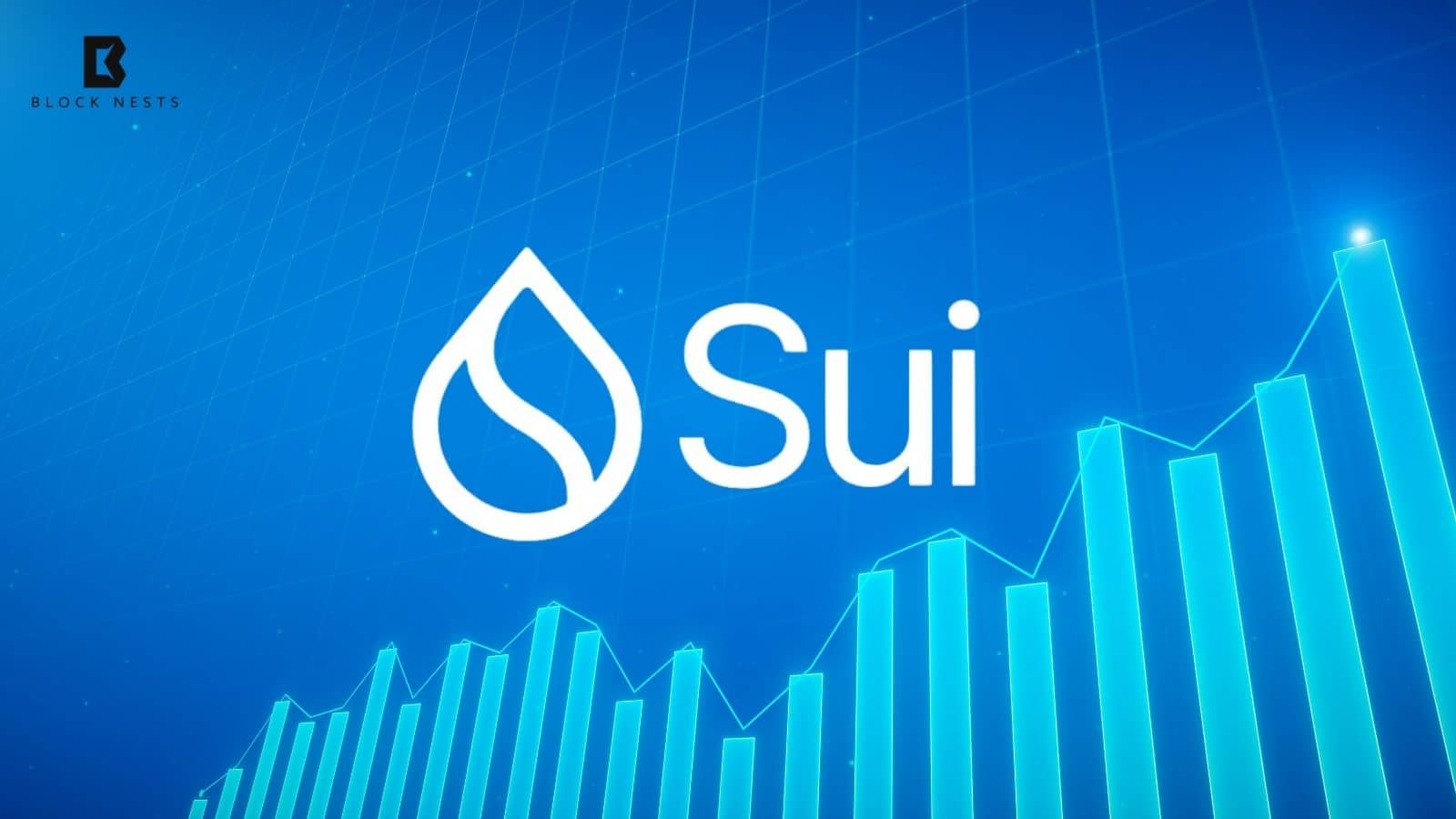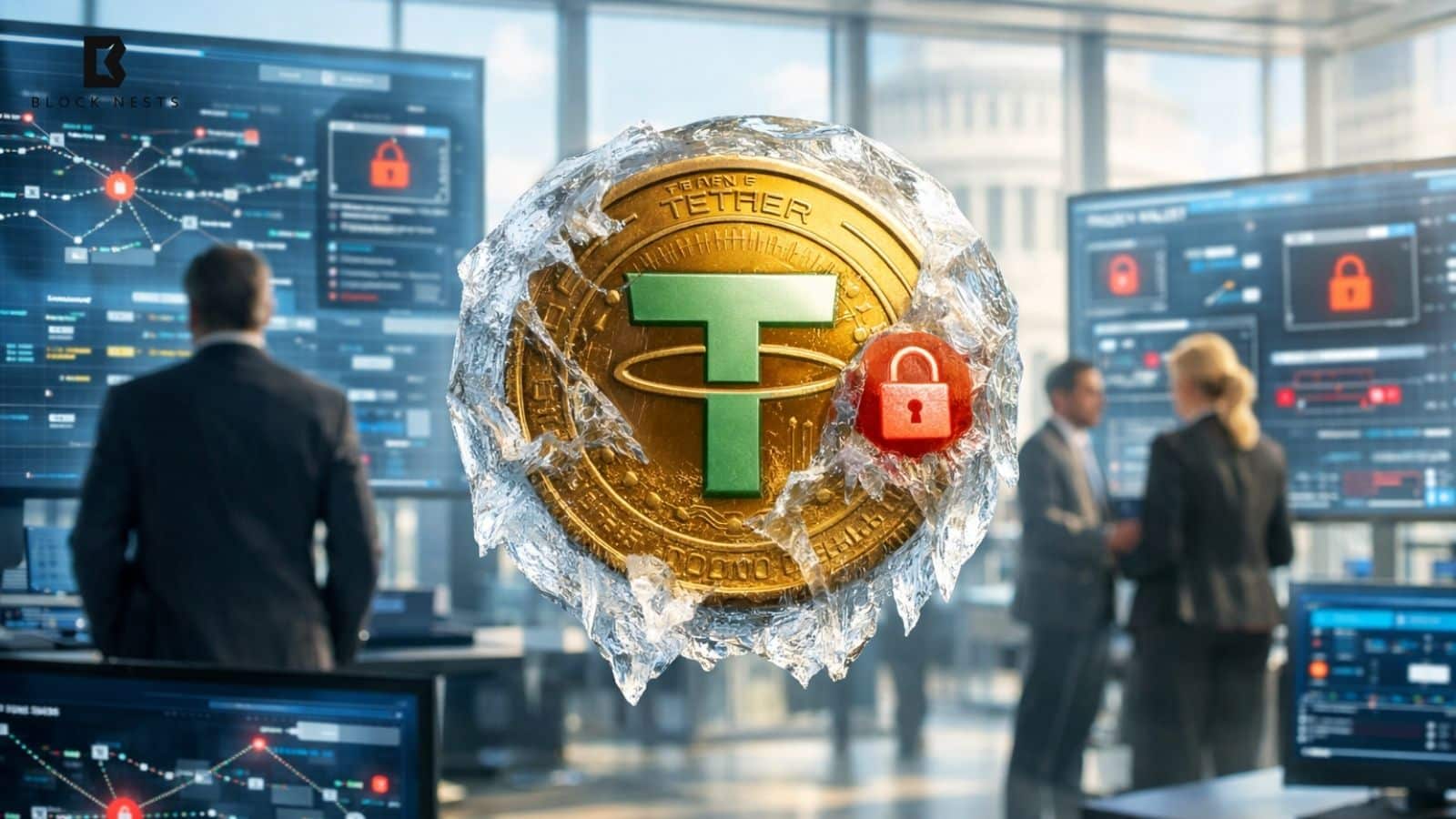- Jito Labs and major asset managers are urging the SEC to approve liquid staking tokens (LSTs) in Solana exchange-traded products (ETPs).
- LSTs make staking more efficient, accessible, and secure, especially for proof-of-stake networks like Solana.
- These tokens may help reduce risk and improve investor returns without creating regulatory conflicts.
Several stakeholders, including Jito Labs, VanEck, and Bitwise, have submitted a formal appeal to the U.S. Securities and Exchange Commission (SEC). They are asking for the inclusion of liquid staking tokens (LSTs) within upcoming Solana-based exchange-traded products.
The SEC is currently deliberating numerous Solana ETP applications submitted between June 13 and June 25, 2025. The appeal reiterates LSTs as improving liquidity, decentralization, and operating efficiencies.
They allow investors to earn staking rewards with reduced technical hassle of running validator nodes. In particular, Jito Labs cited its stake pool mechanism and token, JitoSOL, as an illustration of the capacity of such systems to yield secure and decentralized staking.
SEC Guidance Supports Liquid Staking on Solana
Proof-of-stake chains like Solana have validators that stake native tokens in order to secure the network. Traditionally, staking is token-locked, being liquidity-limited. Liquid staking allows users to stake assets through smart contracts, and they earn tokens—the LSTs issued represent ownership and rewards.
They can be sold at discretion, thus allowing users to exit positions without having to wait for the network’s “unbonding” period. With the issuance of LSTs, such platforms allow investors to be liquid while still securing the network. The tokens can be broadly used as collateral and can be sold on secondary markets.
Software-driven automated stake pools transfer tokens based on performance criteria. It reduces the risk of centralization as well as human error. Decentralization being essential in the case of Solana, spreading the stake across many validators keeps the network healthy.
Jito Pushes for LSTs in Solana ETPs Ahead of SEC Ruling
In March of this year, the SEC released guidance that staking is not per se a securities transaction. The Commission stated that work of a ministerial nature and entrepreneurial activity like validator operation were of a different kind. The guidance applies to solitary staking, delegated staking, and some of staking-as-a-service deployments.
According to the stakeholders, LSTs operate under the same principle. No external party creates their value through managerial work. Instead, the network and stake pool protocol calculate rewards programmatically. Automated systems fully manage the JitoSOL token, with no need for manual intervention for it to function.
Jito and letter signers believe that this framework is well grounded in the law for authorizing LSTs in Solana ETPs. They argue that adding liquid staking is compatible with the law as it stands while promoting investor choice, risk management, and returns.
The decision is now with the SEC. Coming close on the deadline of submissions of the Solana ETPs, the Commission’s approval can open the way towards a new period of crypto investment products. It can be the start of the integration of staking as part of financial instruments of the mainstream if it is allowed.
Related Reading: Whales Quietly Accumulate Over 218,000 Bitcoin as Market Prepares to Surge
How would you rate your experience?






